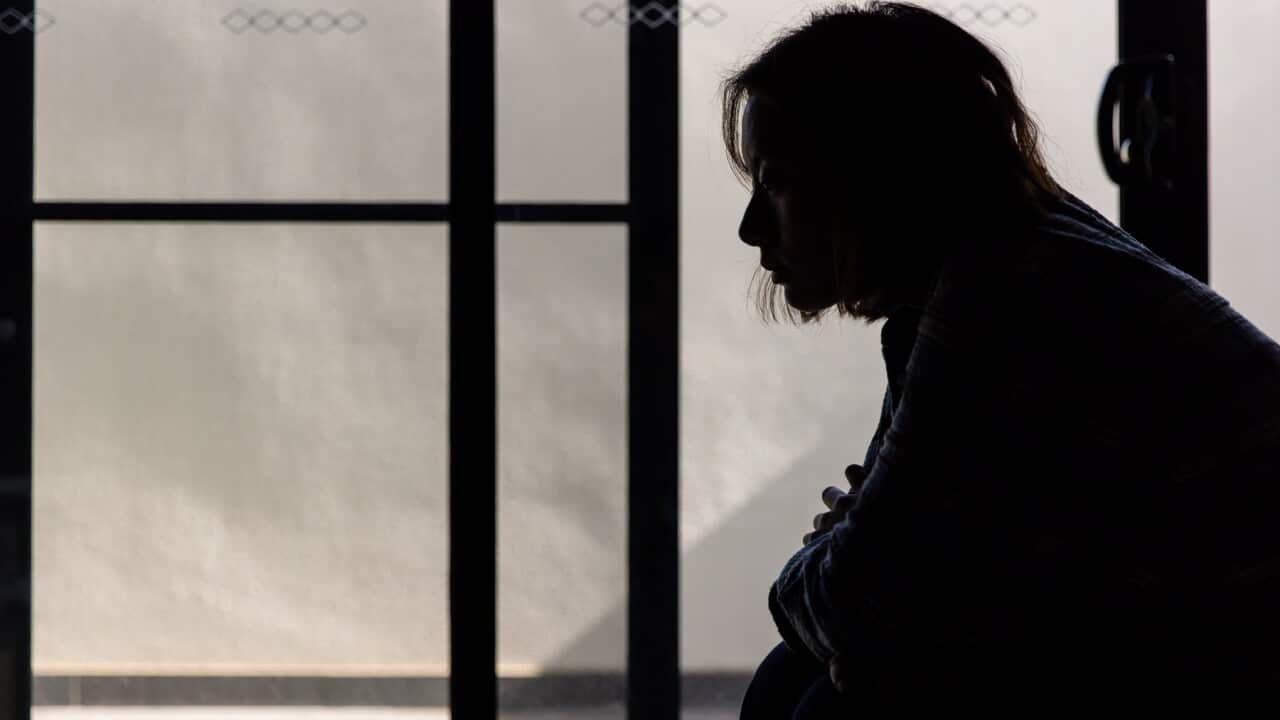TRANSCRIPT
The number of people being affected by suicide, both in Australia and around the world, has been growing at an alarming rate.
Based on data from the World Health Organisation, in 2019, more than 700,000 people worldwide committed suicide.
And that's just based on documented data, with fears that the real numbers could be much higher.
At home, figures show that one in two people have been impacted by suicide in some form by the time they turn 25.
Graham McLean is the chairman of Suicide Prevention Australia.
He says combating the issue starts with better understanding of it.
"Regrettably, suicide prevention is not a fringe issue. It is not simply a subset of the growing mental health crisis that we are all aware of. It is a significant issue in its own right. And many contributory factors contribute to that and we need to understand that much better."
A new six-paper series, published in The Lancet public health journal, is calling for a change on suicide prevention.
The series, put together by a number of medical experts from Australia and overseas, points out that suicide should no longer be treated as simply a mental health issue.
Professor Jane Pirkis, is the Director of the Centre for Mental Health and Community Wellbeing at the University of Melbourne, and one of the authors of the report.
She points out the external influences that could push a person towards having suicidal thoughts or tendencies.
"When someone reaches the point of suicidal crisis, they really need great clinical services wrapped around them. But we're arguing that it's bigger than that. And, in particular, we're arguing that there are overlaying all these individual risk factors as social determinants that interact with them. So, these are things like macroeconomic policies, public policies, social policies, legislative and regulatory frameworks, the healthcare system, the local environment, cultural and societal values, social cohesion and social capital. All these really big, societal things. And also, commercial determinants of suicide that interact with those individual risk factors to potentially lead to suicidal thoughts and behaviours and then, to suicide."
The six-part report stresses that governments need to take these external factors into consideration when reviewing their suicide prevention policies.
Professor Pirkis says a key recommendation is having suicide prevention policies on all levels of government, rather than just being overseen by the Health Ministry.
"We've talked about, in the series, a suicide prevention in all policies approach, which would see national strategies signed off by Prime Ministers or specially-appointed cross-sectoral ministers who are responsible for suicide prevention or prevention more broadly. And also, we're seeking involvement of policy-makers from sectors outside health. So that might be sectors like employment, housing, financial, sectors that are responsible for welfare support, all those sorts of sectors."
It comes as the federal government announces the release of its draft advice for the National Suicide Prevention Policy.
The strategy outlines a holistic approach to suicide prevention, ensuring all Australians have access to the support that they need.
The policy is being worked on by the National Suicide Prevention Office, in close partnership with other professional health experts.
Prime Minister Anthony Albanese says death by suicide leaves a permanent mark not only on those who choose to take their lives, but also on those around them.
"Every death by suicide is its own universe of devastation. It is tragic for those who are gone, who did not see any other way out. But it's also a tragedy for those who are left behind. The family and friends and associates of those who, the shape of their world has been changed forever."
The vast majority of people who take their own lives are men.
Figures both domestically and across the world show that men are three times more likely to die by suicide compared to women.
In Australia, almost 2,500 men took their own lives in 2022.
Mr Albanese says the government is taking a number of suicide prevention measures targeted towards men.
"Through the National Suicide Prevention leadership and support program, the government is also funding a range of activities aimed at reducing suicide deaths and suicidal behaviour across Australia. This includes supporting mental, emotional and social wellbeing in men. Through the Men's Tables and Mates in Construction Building Suicide Prevention Skills."
An increasing number of people taking their own lives has also been seen across Aboriginal and Torres Strait Islander communities, with organisations such as Gayaa Dhuwi working to reduce those figures.
With suicide and attempted suicide rates hitting such high figures all across Australia, frontline workers say they are being overwhelmed.
Federal Opposition Leader Peter Dutton says the coalition will support the government's changes to the suicide prevention policy.
But he says it's difficult to remain optimistic with more people taking their own lives each year.
"We all want to be positive about what the future holds but there is a lot of despair and a lot of reason for the angst that we hear, particularly from those service providers in our own electorates and from people who are trying to access services as young people. Let's be honest about that today as well. And I thank the Prime Minister for his words and for the actions the government's undertaking and we're keen to support all of those programs in whatever form they take."
If this story raises issues for you, phone Lifeline Australia on 13 11 14 or text 0477 13 11 14.
The service is available 24 hours a day, seven days a week.













